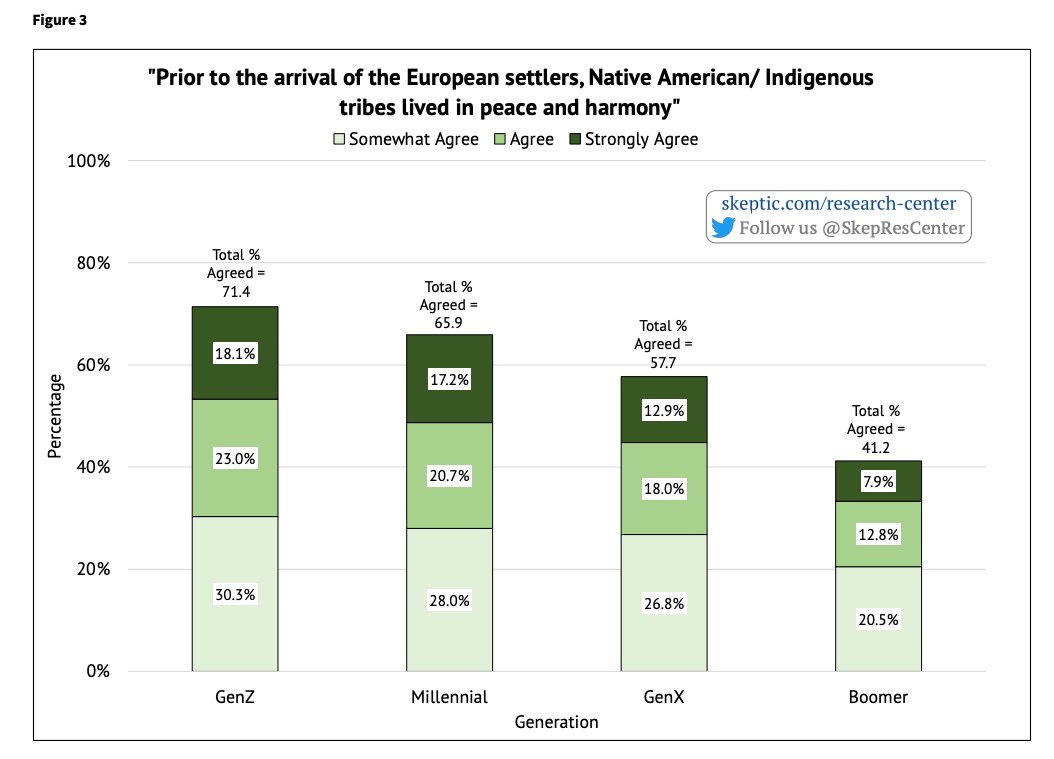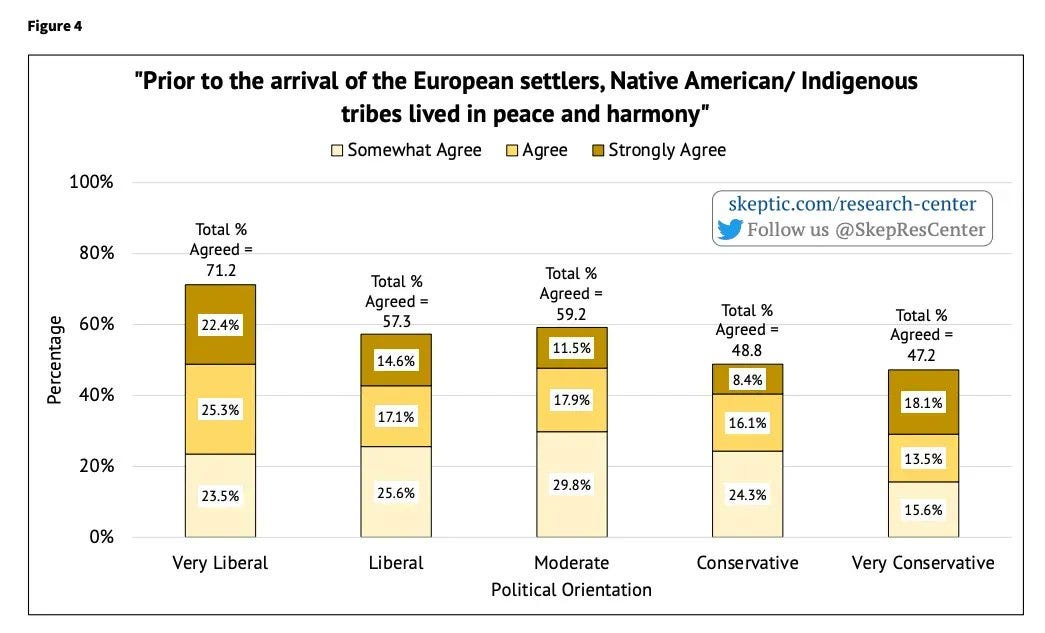“Support PBS. Please pick up the phone and pledge your support by…”
Earlier today, I sent an item that is a good example of how I do not write in order to advance my own self-interest. I don’t take one position and argue it relentlessly. I don’t consistently deliver the goods for one party, position, faction, or ideology. I do not avoid poking the ribs of people who might otherwise find my views congenial.
For me, one of the most important findings of modern social science was Phil Tetlock’s discovery of an inverse correlation between fame and accuracy in his study of expert forecasters. Unpack that finding and you learn so much about what makes judgement accurate. You also discover that what makes judgement accurate are habits of mind you should avoid if you are a pundit who wants followers and money.
I’m not saying I’m a monk. But in writing the way I do, I’ve definitely taken a vow of poverty.
If you’d like to drop a few coins in the cup of this tonsured and impecunious scribe, please upgrade to a paid subscription.
Progressive Colonialism
“Prior to the arrival of the European settlers, Native American/Indigenous tribes lived in peace and harmony.”
A group called the Skeptic Research Center presented that statement and others to Americans and asked if they agreed.
The results, at least on this question, were pretty much what I would have predicted.
First, most Americans agreed with the statement, at least to some degree.
Second, levels of agreement showed remarkably smooth generation trends, with the lowest agreement among Baby Boomers, the highest among Gen Z.
A similar trend appeared on political affiliation, with agreement lowest among the “very conservative” and highest among the “very liberal.”
“Decolonization” has become something of a mantra on the progressive left.
It’s the idea that the history of white supremacy, imperialism, and exploitation created not only literal colonies — long gone — but institutions and habits of mind that favour whites or Europeans or Western culture over others. And these need to be exposed and rooted out. Decolonization has been applied to an astonishingly broad range of subjects. I recently read an article about the need to decolonize my garden.
So there’s some intense irony here.
The idea that the indigenous peoples of the Americas “lived in peace and harmony” before Europeans arrived is pure, unadulterated “noble savage” mythology. Where did that mythology come from? Europe. It developed out of European debates about political philosophy from the 16th- to the 18th centuries and it has lived on in Europe ever since. A typical expression of it can be found in the novels of the 19th century German writer Karl May, which are still venerated in Germany today, fuelling some truly bizarre cultural practices.
Noble-savage mythology is clearly on the rise in the American public. Especially among young progressives.
Hence, the irony.
The thousands of indigenous peoples of the Americas, with their thousands of languages and immense cultural complexity, have histories of their own. Those histories stretch back decades, centuries, millennia. In those histories, there is the full panoply of human experience: Struggle, work, hope, love, hate, cooperation, invention, construction, war, conquest, slavery, torture, and destruction.
But all that history gets erased when we endorse noble-savage mythology. In its place, we impose a European fantasy.
And who is most inclined to do that? The sorts of young progressives who think my garden needs to be decolonized.
Decolonize yourself, Gen Z.
Think With Pinker
I don’t know how I missed this for so long but … back in November, 2021, Steven Pinker started releasing a series of BBC podcasts called Think With Pinker.
It’s essentially “Thinking 101.” The basics. Routine cognitive biases and mistakes. Corrective habits of mind. That sort of thing. People are always looking for the latest and coolest new angle (that’s why “the new science of” is a cliche in book subtitles) but if there’s one thing I’ve learned from thinking about thinking for the past decade and a half it’s that merely getting the basics right consistently can radically improve decisions and outcomes — and puts you far ahead of the rest of the species.
If you don’t read books about thinking, Think With Pinker is for you. If you do, it’s a valuable refresher.
And the guests! Steven Pinker is Steven Pinker, which surely helps explain how the show landed such excellent guests. The very first episode (“Methinks It Is A Weasel”) has Tim Harford — a superb BBC journalist and author of many books worth your time — along with the inimitable Charlie Munger.
I am a Charlie Munger stan. If I didn’t think tattoos were ridiculous, I’d get Charlie Munger’s face tattooed on my left pec.
Munger, you may need to be reminded, is the longtime investing partner of Warren Buffett. Both are astonishingly well-read. Both are thoughtful metacognicians (not a word, but it should be.) They are both skilful communicators whose words are as delightful as they are informed and thoughtful. And they both have track records of good judgement whose longevity, consistency, and returns — they’re stinking rich — are without equal.
Remember when Munger and Buffett said crypto is a socially destructive scam that should be stamped out like grassfire? They were mocked as clueless dinosaurs because Buffett is 92 (now) and Munger is 99. And the fossils were right.
Apologize, kids. Or better yet, shut up and listen.
Seriously, listen to Charlie Munger in his interview with Pinker. When Munger was born, Calvin Coolidge had recently become president, Adolf Hitler was writing Mein Kampf in prison, and Vladimir Lenin had three weeks to live. And I wish I could be half as sharp as he is now.
Some people are inspired by art. I am inspired by listening to Charlie Munger.
The Rest Is History
While I’m recommending podcasts, I have to plug The Rest is History.
In my experience, history podcasts overwhelmingly fall into one of two categories. Some are by academics who, apparently, have neither the ability nor the desire to speak to a wider audience and they do their level best to ensure that anyone who doesn’t have a PhD in their speciality and employment at a university would sooner watch ants move a sandpile than keep listening. I call these the-reason-I-left-university podcasts.
Other podcasts are produced by people who have little or no formal education in history, or anything else, but they’ve read lots about the Second World War and dictators and Mongol conquerors who loved to pile up skulls. They tell ripping yarns about skull piles and such. I call this the Horrible-Histories-for-grownups category in honour of the kids’ books known as Horrible Histories, which highlight gross-out stories and scatological humour. I strongly recommend Horrible Histories for kids. I think grownups should do better.
What I’m saying is most history podcasts are shit.
And that makes me appreciate The Rest Is History all the more. One of the co-hosts is Tom Holland, an accomplished British writer who has published a wide array of deeply researched histories. The other is Dominic Sandbrook, a British historian who has an impressive track record in popular publishing and broadcasting.
Holland and Sandbrook are smart and remarkably well-informed and they frequently speak with academic historians to give discussions greater depth. They are also superb performers, bringing wit and personality to everything they do. They’re not above the occasional bad joke. And the occasional skull-pile reference. The result is a combination that is rare in podcasts: substance and style in equal measure.
A recent three-part series on the history of Ireland is a good introduction (here is the third show on Youtube). Some sections cover whole swathes of history lightly and briefly, while others drill down deeply into, for example, how close the debate over Irish Home Rule pushed Britain toward civil war until that disaster was averted by the much bigger disaster of the First World War. (Personal note: One of my grandfathers grew up in Nottingham and he told me about reading the front page of his father’s newspaper one morning in 1914. On top was a banner headline and a long story about Irish Home Rule. Below, it read, “War Declared on Germany.”)
As a patriotic Canadian, it was a particular delight to learn more about New Brunswick’s own Andrew Bonar Law, the only British Prime Minister (prior to Boris Johnson) to be born outside Britain. It was less thrilling to learn he was a grim, humourless zealot. (Thanks, New Brunswick.)
Now I want to hear from you. Which history podcasts do you listen to? Who manages to combined compelling presentation with real knowledge and substance? Please leave a comment.






God forbid those without “formal education” elect to self-educate and are passionate enough to want to share their knowledge with others.
I also quite enjoy The Rest is History, which I believe I came across from your recommendation on Twitter some time ago!
In a very different style, but I’m going to count it as a history podcast, Le Village by Radio Canada and CBC (I listened in French, but an English version was also released, I’m not sure whether it has any substantive differences) was excellent, covering an important period of history for the gay community in Montreal and the relationship between the gay community and the Montreal police in the 1980s and 90s.
I also hugely enjoy Slate’s Slow Burn (topics have included Watergate, the Clinton sex scandal and impeachment, and the lead-up to the Iraq war) and One Year (each season looking at unrelated and more-or-less forgotten stories a from a particular year; they’ve done 1977, 1995, and 1942) podcasts.
All of the above are produced by journalists and I don’t know to what extent they have any academic historians involved in their teams, but they are all, as far as I can evaluate, serious and credible.